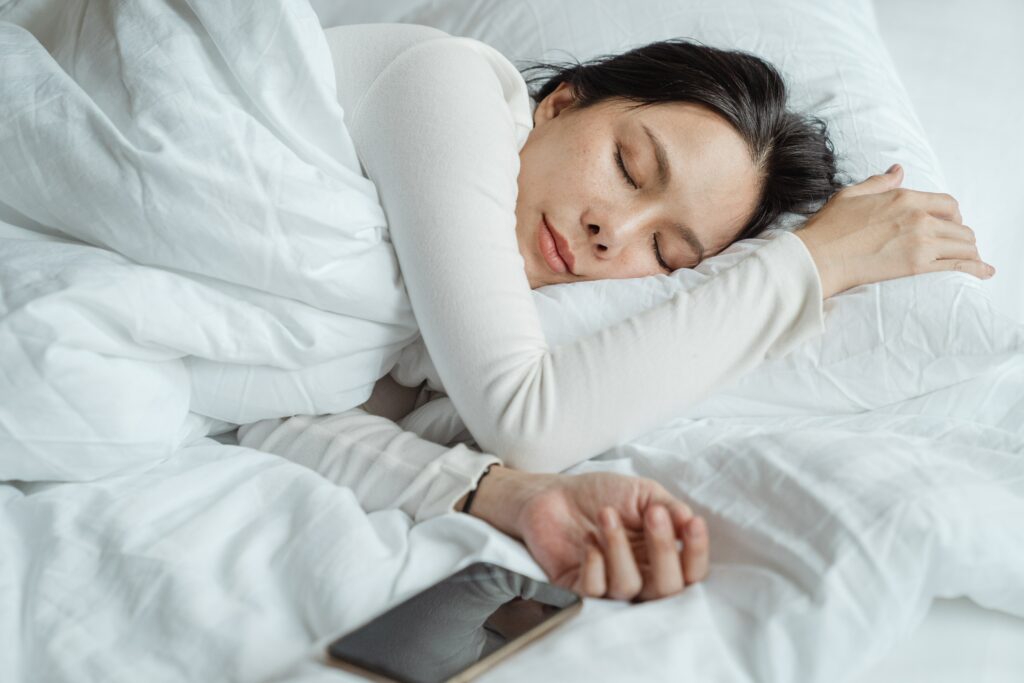A good night’s sleep is one of the most important things you can do for your health. Nonetheless, we live in the age of Netflix binges, endless TikTok scrolls, and late-night video game marathons. However, if you are motivated to develop better sleeping patterns, you may always log your sleep.

Before we get started, a brief note: sleep tracking can be a useful tool, but it has limitations. The judgment is still out on how accurate sleep trackers are, and you should not use your results to make an official diagnosis of any sleeping disorders, especially as these devices have not been approved by any regulatory agency. Instead, think of these gadgets as a way to learn about your sleeping habits and improve your sleep hygiene. If you suspect you have orthosomnia – a fixation with having “perfect” sleep — you should avoid it as well. Keeping this in mind, here’s how to choose the best sleep tracking method for you.
SLEEP TRACKER TYPES
Sleep trackers are broadly classified into two types: wearable and non-wearable.
Wearable sleep monitors are essentially fitness trackers and smartwatches with sleep tracking capabilities. Apple Watches, Garmins, Fitbits, and other similar devices fall under this category. However, there are more specialized wearable sleep monitors, such as the Oura Ring, that are not worn on the wrist. Meanwhile, the Muse S and Kokoon Nightbuds are headphone-like gadgets.
For folks who dislike wearing watches to bed, the Oura Ring may be a more comfortable sleep tracker.
Smartphone apps, smart mattress pads, bedside monitors, and even full smart beds are examples of non-wearable sleep trackers. The Withings Sleep, the Google Nest Hub, and the Sleep Number 360 Smart Bed are a few examples.
The essential issue is to determine whether you’ll be comfortable wearing something while sleeping. Some individuals don’t mind wearing a watch to bed, while others can’t bear it. A sleep tracker that you unplug in the middle of the night is useless. In that situation, the Oura Ring or a non-wearable tracker is a better bet. If you’re not sure, sleep with a standard watch for a few days and see how you feel.
SLEEP TRACKERS YOU CAN WEAR
These are the most common types of sleep monitors. These are excellent choices for folks who want to consider sleep as part of their overall health. Wearable sleep monitors are available in a variety of price points, ranging from $50 to $1,000. When looking for a device, you should consider the following:
- Is there anything more I want the sleep tracker to do?
- Which component of my sleep do I wish to monitor?
- How long does the battery last?
- What am I willing to spend?
This should help you cut down your options considerably. For example, if all you want is a specialized sleep tracker that provides very precise data and can last for several days on a single charge, the Oura Ring and Whoop 4.0 are ideal. A wristwatch or fitness tracker, on the other hand, is a better choice if you want something that can multitask, such as track your exercises, take phone calls, or provide notifications.
